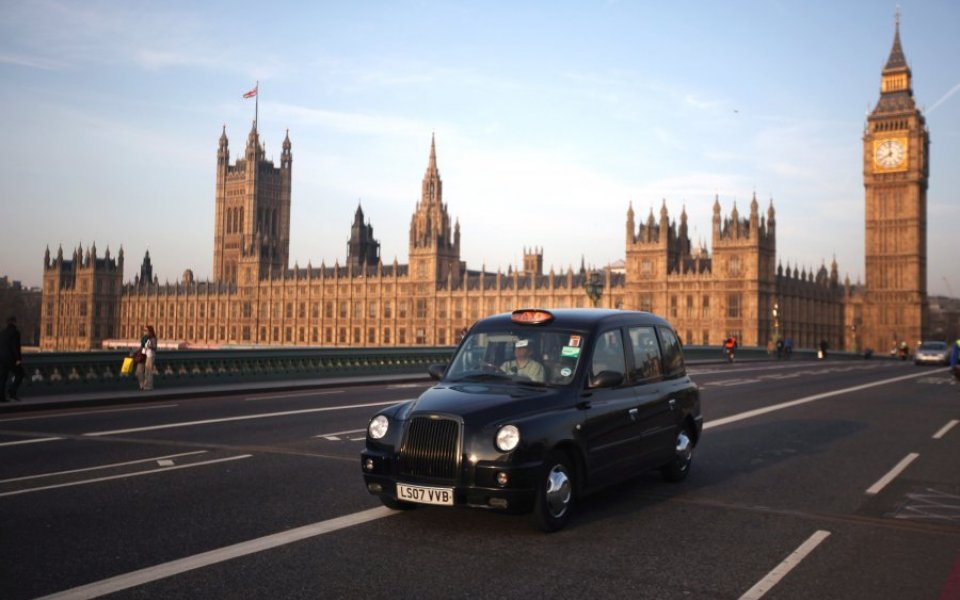London’s cabbies can’t afford to live in the past

During last year’s Black Cab protest against Uber, one bit of news footage stood out. A cabbie was being interviewed on camera, explaining that Uber’s behaviour was unacceptable and unfair. Behind his seat, attached to the dividing screen between driver and passenger, was a sign that read “cash only”.
This pigheaded refusal to join the 21st century (demonstrated by some, but by no means all taxi drivers) does the iconic cabs no favours in their battle against the Great Satan of Uber, whose app allows passengers to zip from A to B without rummaging around for paper money.
There are apps that allow you to hail a cab and pay for it via your account, such as Hailo, but resistance to card payment is still likely to greet you in too many of the capital’s cabs.
How many times have you got in one and found its card machine covered by a plastic bag? It’s a familiar enough sight.
The machine may have broken earlier that morning or it may have been out of action for months. Of course, it might not be broken at all.
Now the results of a Transport for London consultation are out, and being able to pay for your journey by card is supported by 86 per cent of respondents, including many cabbies.
Given how used to card and contactless payments we’ve become, you could file this statistic next to the one about most people wanting water to come of out taps, but the fact is that resistance exists.
The United Cabbies Group, one of many stakeholders to participate in the consultation, object to the idea and point out that TfL can’t legally require drivers to accept cards. Of course they can.
It’s a legal requirement in New York. Indeed, if a New York taxi’s card reader is broken they have just 48 hours to get it fixed.
The pressure on Black Cabs from technological innovation and market forces is only going to increase, and if they want to survive the coming waves of change they should be leading the innovation and pro-consumer revolution, not resisting it.
At this rate, there’s a chance that by the time all cabs accept cards the rest of us will be paying for things with a fingerprint.